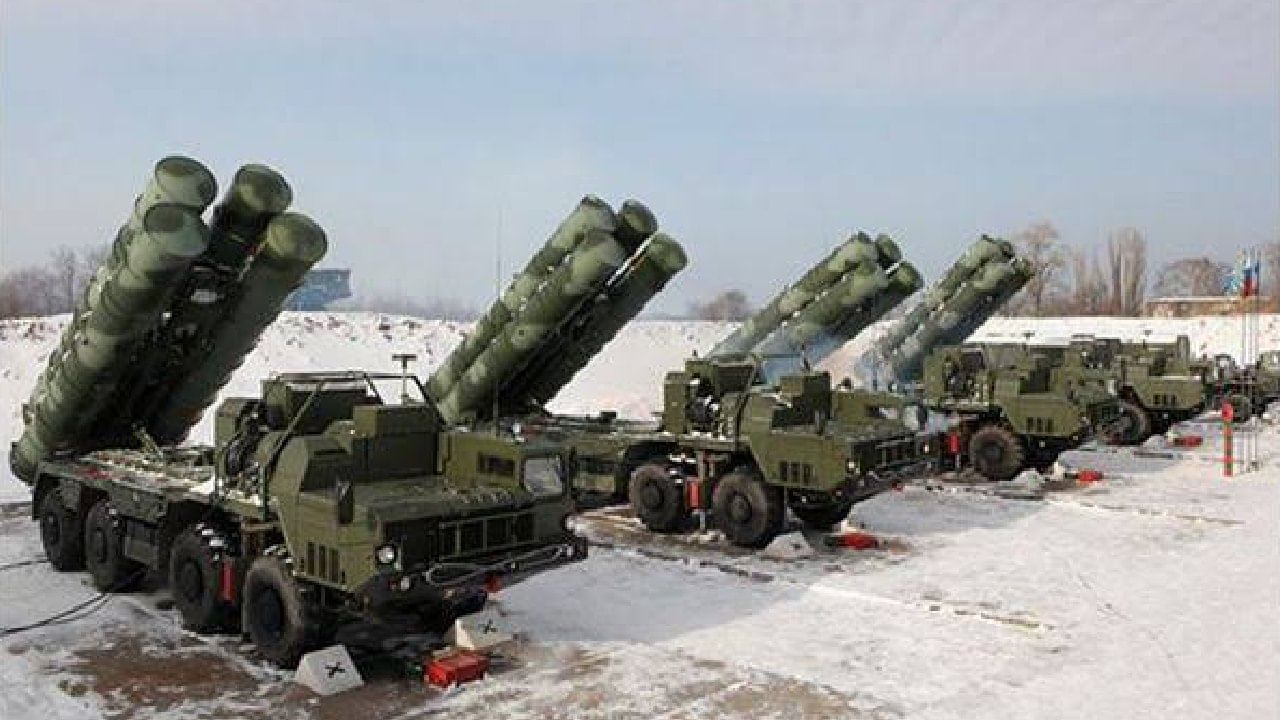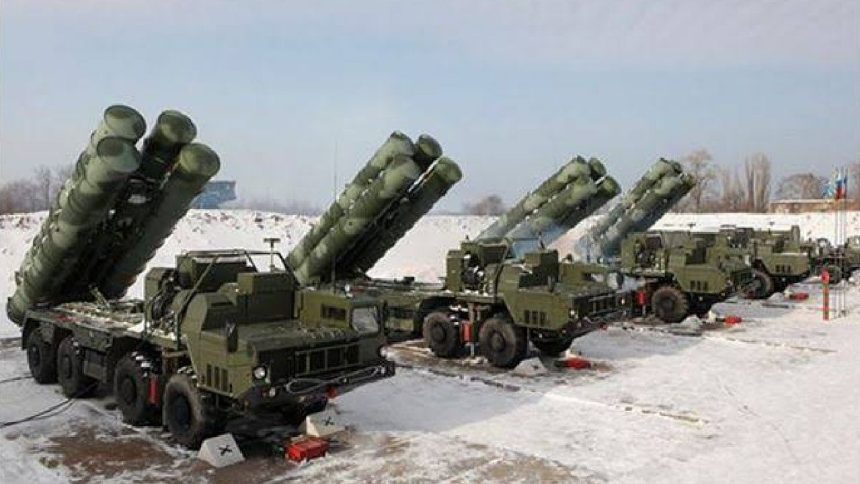
New Delhi: Indian defense forces successfully intercepted and destroyed several Pakistan-launched drones aimed at critical targets across India in a tense nighttime military operation. The rapid defense was swiftly followed by precise retaliatory bombing of terrorist camps in Pakistan-occupied territory, representing a sharp escalation of escalating tensions between the nuclear-armed neighbors.
Defensive Victory and Counterterror Operations
The attempted incursion occurred in the early hours of Wednesday, May 7, when Pakistani forces launched what officials describe as a “coordinated drone attack” targeting nearly 15 sensitive locations in India. The Indian Air Force’s sophisticated S-400 air defense systems, nicknamed “Sudarshan Chakra,” detected and neutralized all incoming threats within minutes of detection.
Defense Minister Rajnath Singh confirmed the successful shootdown while speaking to the media, adding that Indian troops later launched surgical strikes along the Line of Control. “In a carefully calibrated 25-minute operation starting at 1:05 AM, we neutralized around 100 terrorists at their training camps with zero civilian casualties,” Singh said. The operation was carried out in response to the recent Pahalgam terror attack in Kashmir that killed 26 innocent people.
Cutting-Edge Air Defense in Action
The nighttime battle was the first combat test of India’s cutting-edge S-400 missile defense systems, which were purchased from Russia. Military analysts point to the system’s key role in repelling the attack, as it can track 300 possible targets simultaneously over a 600-kilometer range. The defense network, combined with India’s counter-drone network, proved to be highly efficient in detecting and destroying multiple threats at various altitudes and trajectories.
Four S-400 batteries are now guarding India’s western and northern borders, with batteries deployed at Pathankot Air Base, Rajasthan, and Gujarat. The systems are capable of targeting 36 different targets simultaneously with a mix of long-range (400 km), medium-range (250 km), and short-range (120 km) missiles, giving overall protection against ballistic missiles as well as aircraft.
Political and Strategic Implications
After an all-party emergency meeting, Union Minister Kiren Rijiju assured that the army operations are still ongoing but refused to give out detailed information. “The situation is fluid, and we cannot jeopardize operational security by leaking all developments,” Rijiju informed the media.
External Affairs Minister S. Jaishankar sounded a cautious note, saying, “While India has no wish to escalate the conflict, we remain ready to respond firmly to any further provocation.” The government has reaffirmed that its efforts are targeted specifically at terrorist infrastructure and not civilians.
With tensions continuing, security has been increased along the entire western frontier, with governments keeping maximum levels of alert. The successful interdiction and retaliatory attack have shown the increasing military reach of India and have questioned the next move for Pakistan in this ongoing standoff. Diplomatic ties are still on, but no immediate interest by either side for de-escalation has yet been seen in the wake of the recent exchange.










